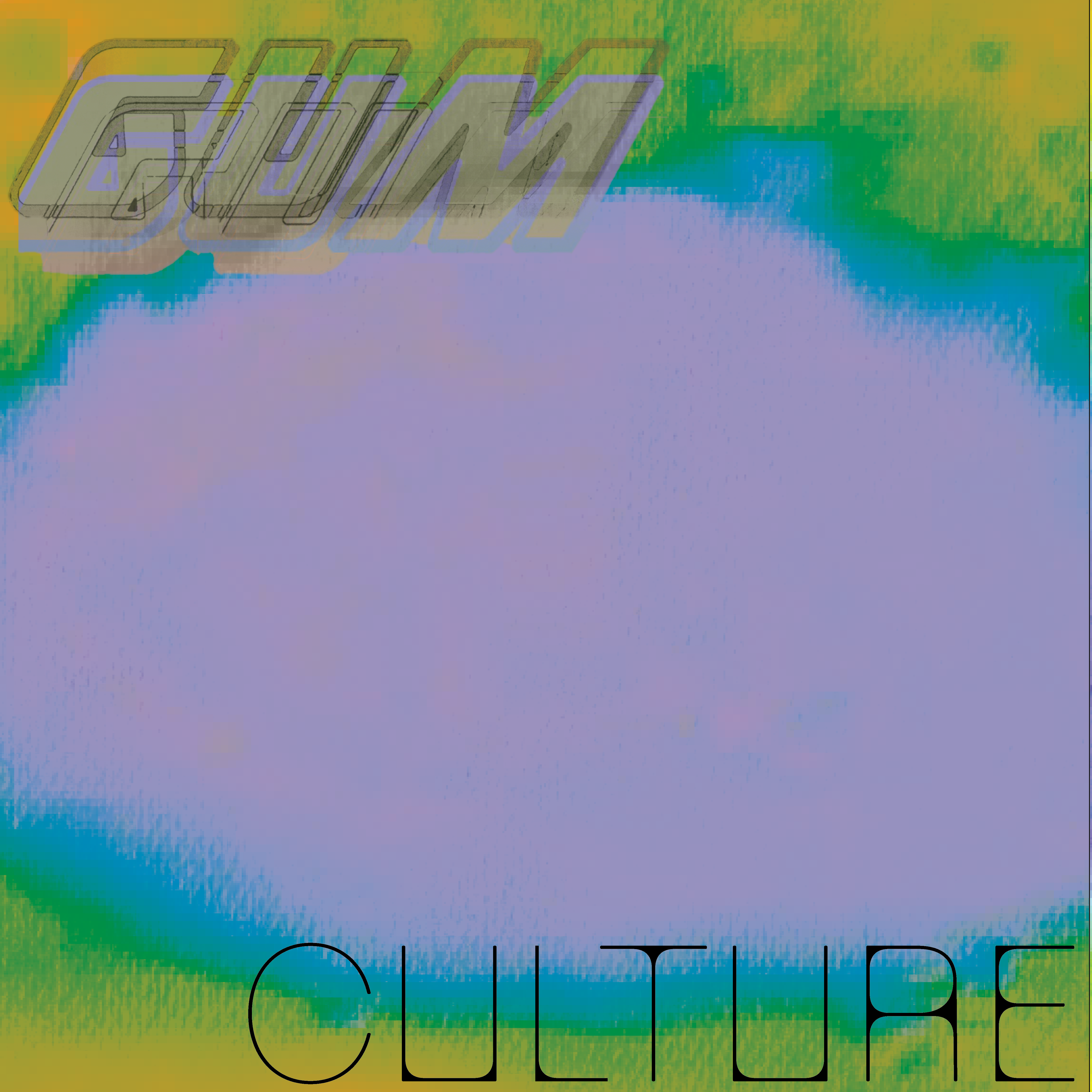Words: Fleur Kas (she/her)
The film industry is notoriously competitive, at the expense of, and thus excluding, creators from marginalised backgrounds. However, Glasgow Film Festival’s “New Talent Mentorship Scheme” is challenging this and opening up space for opportunity. The scheme is designed for upcoming professionals who are under-represented in Scotland’s film industry, such as the LGBTQ+ community, artists from low-income backgrounds, and those with disabilities. Among the mentees is Ryan Rutherford, a University of Glasgow theatre graduate who works as a director, writer and graphic designer for GFF. I was fortunate enough to chat with Rutherford about his experience as a filmmaker, being part of the scheme, and some exciting projects in the works.
One of Rutherford’s main interests is Scottish folklore. He explains: ‘Folklore is such a big part of my culture, and it is something I want to help talk about to a younger generation. I think it is a responsibility for every generation to re-tell these stories as this is what they were based on.’ Despite the urgency of this responsibility, humour is at the heart of Rutherford’s work. For instance, his debut short film Dear Green Dead follows the avid vampire hunter Jamie and her friend in search of the Gorbals Necropolis vampire, hoping to gain views on YouTube. Rutherford notes he is still working on post-production processes such as finalising the film score, but the piece will debut at a short film festival in either Glasgow or Edinburgh in the following months.
While people used to sit around campfires or in bothies to share stories, modern urban spaces like Glasgow are full of potential for the continuation of these traditions. ‘Glasgow is such a great place for storytelling. You go into any café or bar, and you find someone willing to tell their life story, and it’s never not interesting. If anything, Glasgow is probably the best place for the preservation of storytelling as it’s such an important part of the culture,’ Rutherford adds with enthusiasm. Take the brief connections offered by strangers on nights out, or the fleeting and unexpected interactions with familiar faces on University Avenue: there are stories we can share and absorb all around us. Although Rutherford regrettably admits Scottish folklore stories have somewhat gone ‘amiss,’ especially in the past two years, he feels inspired by the ‘wealth of cool and crazy stories ready to be told.’
Throughout our interview, Rutherford continues to express his appreciation for GFT as an institution. He affirms it is not only a ‘hub of culture’ but that they are welcoming towards everyone, which is especially valuable in an industry that still lacks representation and opportunities. In Rutherford’s words, the film industry is ‘fraught with rejection,’ so having their support is ‘heart-warming.’ On a national level, the Scottish arts sector was under threat of budget cuts to the government’s main arts body, Creative Scotland, for this year’s autumn budget. (1) Fortunately, a petition by Campaign for the Arts succeeded in this action being revoked by prime minister Humza Yousaf, with him pledging to double Scotland’s culture budget over the next five years. (2) ‘No matter what you do, you always find an escape in the arts,’ Rutherford comments, emphasising the significance of this action. Clearly, progress is being realised, but it is essential to keep creating schemes such as GFF’s to ensure the resilience of this vulnerable yet crucial sector.
To continue on a positive thread, Rutherford commends Glasgow university as a great place to pursue any arts degree. During his student years, he especially found a sense of community and belonging within Student Theatre at Glasgow (STAG), the oldest and largest student theatre society in the city which is still active today after 100 years. (3) Rutherford explains how STAG helped him to build friendships with people possessing similar passions to him and discusses how he collaborated with them on his short film, ‘Floating Parts’: ‘Even if you’re not going off into a set funded by Netflix, you and a couple of mates, after the first lockdown, can go into the woods and make a weird film about a body not floating to the ground.’ With the variety of filmmaking technologies available, ranging from second-hand cameras to smartphones, Rutherford puts his confidence in any student wanting to delve into filmmaking. ‘It’s about putting yourself out there and just doing it,’ he stresses.
After partaking in this inspiring conversation, it feels safe to say that GFT is living up to their slogan of ‘Cinema For All.’ They are helping creatives such as Rutherford realise their dreams, which is well-deserved for someone with his talent and skill. ‘Everyone must have the opportunity to participate and make a career out of arts. People really need to fight for it,’ Rutherford leaves as a final thought for us to ponder over. This fight has been historically difficult, but the future is starting to look up.
(1) https://www.bbc.co.uk/news/uk-scotland-66950426
(2) https://www.campaignforthearts.org/news/cfta-responds-to-scottish-first-ministers-commitment-to-more-than-double-arts-investment/
(3) https://www.studenttheatreatglasgow.com/about

